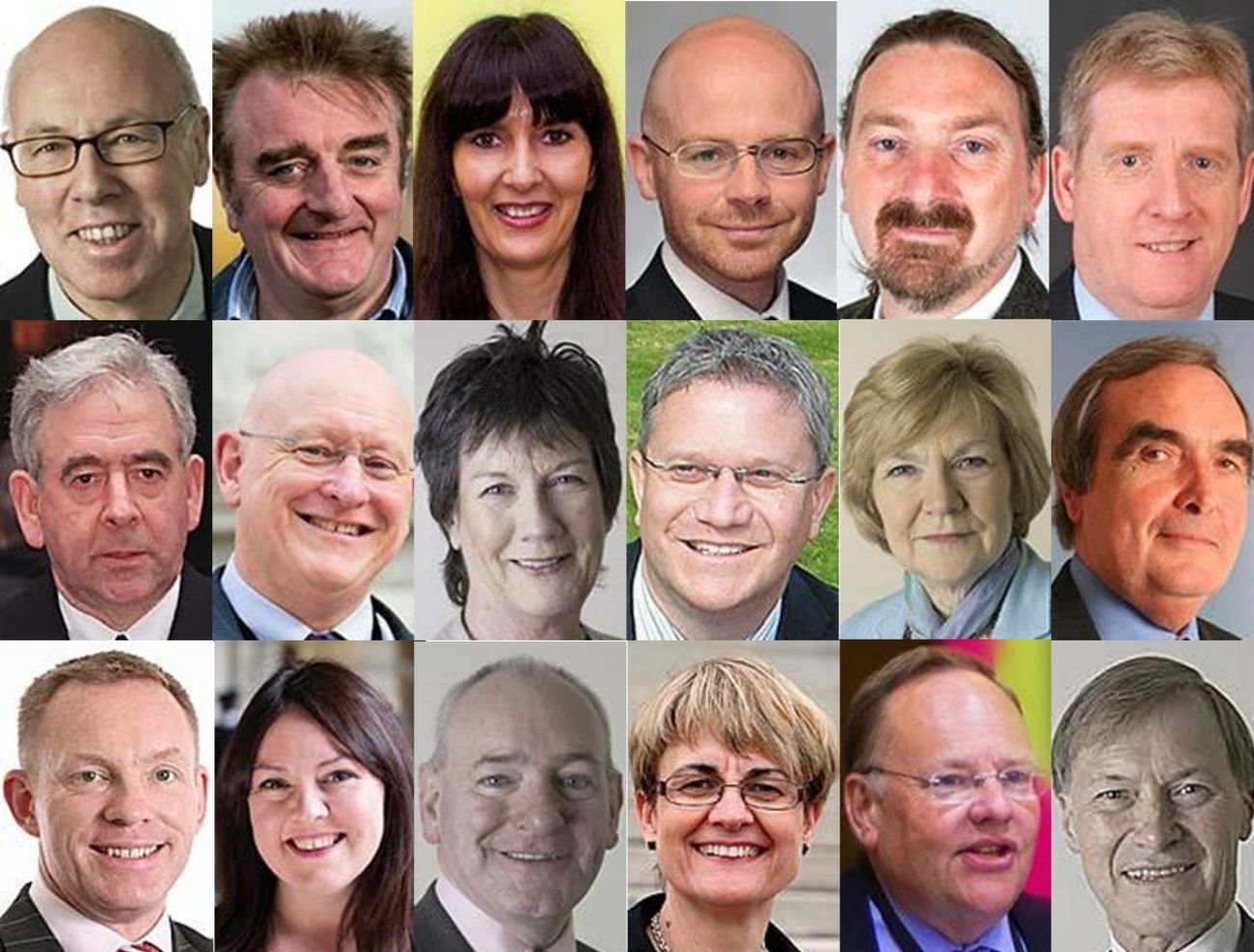The Case of the Catalans returns to Westminster after a 300-year hiatus since the War of the Spanish Succession. It will be present this Tuesday, escorted by 20 British MPs who have decided to create an All-Party Parliamentary Group on Catalonia to discuss the Catalan process. All of them are members of the six main parties at Westminster, from Conservatives and Labour to pro-independence Scottish and Welsh parties. Not everyone is in favour of the independence of Catalonia, but they all agree in one thing: they are in favour of a referendum.
The group aims to “establish links between British parliamentarians and Catalonia” and to keep them abreast of the “debates and events related to self-determination in Catalonia,” as spokesman Christopher Bambery explained to El Nacional. The purpose of its members, however, will not simply be informative, but rather to try to “help to ensure that the (Catalan) debate is carried out in the most democratic way,” says Bambery. They also wish to be an example for other parliaments to support the referendum.
Observers of the process
Bambery remarks on the possibility of these 'observers of the process' even making a statement calling Spain to seek a democratic way to resolve the process in Catalonia, once the body is formed on Tuesday. What they are sure to do, however, is to invite Catalan politicians to describe the progress of the process.
Precisely on Tuesday, when the group is to be officially formed, the Catalan Government's Foreign Minister Raül Romeva will be at Westminster to explain how the process is seen in Catalonia, as well as describing its judicialisation by the Spanish administration. The talk is to be held in one of the rooms of the Commons with a capacity for a hundred people, and all the Members of Parliament are invited to attend. The Speaker of the Catalan Parliament, Carme Forcadell, is also scheduled to come at a later date, the Representative of the Government of Catalonia to the United Kingdom Sergi Marcén told El Nacional.
How does the Group work?
The group is “recognised by the British Parliament,” Bambery explains, although it does not have an effective capacity nor an official status. Its resolutions are not equivalent to those of the Houses, but only that of the MPs who are members of the Group, although five parliamentary parties must be in favour of the motion to create it, and in the case of the APPG on Catalonia there are six. All of them have very different, often opposing ideologies. There are MPs from the Scottish National Party (SNP) through to Conservatives, who are clearly unionist and contrary to the independence of Scotland. This, however, is about democracy.
The APPG is open to Members of both the House of Commons and the Lords. In fact, fifteen of its members are from the lower house and the other five from the upper house. It is additionally open to new members who may join the group during the course of its business.
Against the judicialisation
The All-Party Parliamentary Group was promoted by Scotsman SNP MP George Keravan who will be the Chair. The idea arose last December, when the Generalitat‘s representative in London was invited to Westminster to explain the process. At that time, Kerevan and a further twenty MPs had already expressed their concern about the judicialisation of politics in Catalonia, following the prosecution of Speaker Forcadell.
In fact, Kerevan tabled an early day motion in the House to show his support for the Speaker of the Catalan chamber, and 22 other MPs seconded him. Of the 20 Members that will now make up the discussion group on Catalonia, nine already signed this motion against the judicialisation in December. What this also means is that 34 British MPs will have jointly spoken in favour of finding a democratic, non-judicial solution to the process of Catalan sovereignty.
Who are the Group’s 20 members?
Of the members of the All-Party Parliamentary Group on Catalonia, six are Scottish SNP MPs, two belong to Welsh Plaid Cymru —one from the Commons and the other from the Lords— three Conservatives, two Labour Party members, four Liberal Democrats —all from the Lords— two from the Social-Democratic and Labour Party, and one independent Scottish MP.
Scroll over the photographs to see the name of the MP. Those in blue are Members of the House of Commons and those in red are Lords.



